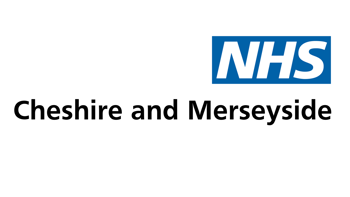Public urged to use health services appropriately ahead of upcoming NHS industrial action
Friday, 3 February 2023

Health leaders are urging members of the public to use services appropriately ahead of NHS industrial action by both nurses and ambulance workers on Monday, February 6th.
For the first time this year, Royal College of Nursing members at a number of NHS organisations across Cheshire and Merseyside plan to join strike action on the same day as Unite and GMB members of North West Ambulance Service.
Prof Rowan Pritchard Jones, Medical Director at NHS Cheshire and Merseyside, admits there is likely to be significant service disruption and is urging people to make NHS 111 Online their first port of call for non-emergency health needs.
Prof Pritchard Jones said: “The NHS has tried and tested plans in place to mitigate risks to patient safety and manage any disruption, including industrial action, but inevitably there is likely to be significant service disruption.
“Emergency care and other critical services such as maternity departments will be open as usual but, with NHS services already under pressure, it has arguably never been more important for people to use the available services appropriately.
“There will be fewer ambulances on the roads, with the NHS prioritising those with life-threatening needs, so if you need to access a healthcare service, but it’s not an emergency, please use NHS 111 Online to ensure you are signposted to the right service first time.”
The NHS will continue to do everything it can to go ahead with planned procedures – especially for patients in greatest clinical need – and will contact you if an appointment needs to be rescheduled. If you have not been contacted, please attend your appointment as planned.
Local NHS services will also keep their websites and social media accounts up-to-date with information about local service disruption – so please check before you travel.
Prof Pritchard Jones added: “Irrespective of any industrial action, please do not hesitate to come forward to access care if you need it. But it’s really important that you only dial 999 if you or the patient is seriously injured or ill or there is a threat to life.
“Typical emergencies include cardiac arrest, loss of consciousness, fits that aren’t stopping, breathing difficulties, severe bleeding, severe allergic reactions and serious head injuries. If you have already called 999 to request an ambulance, please only call back if your condition has worsened or to cancel the ambulance.”
NHS 111 Online can tell you:
- Where to get help for your symptoms
- How to find general health information and advice
- Where to get an emergency supply of your prescribed medicine
- How to get a repeat prescription
More information about when to call 999 and when to go to A&E is available via the national NHS website.